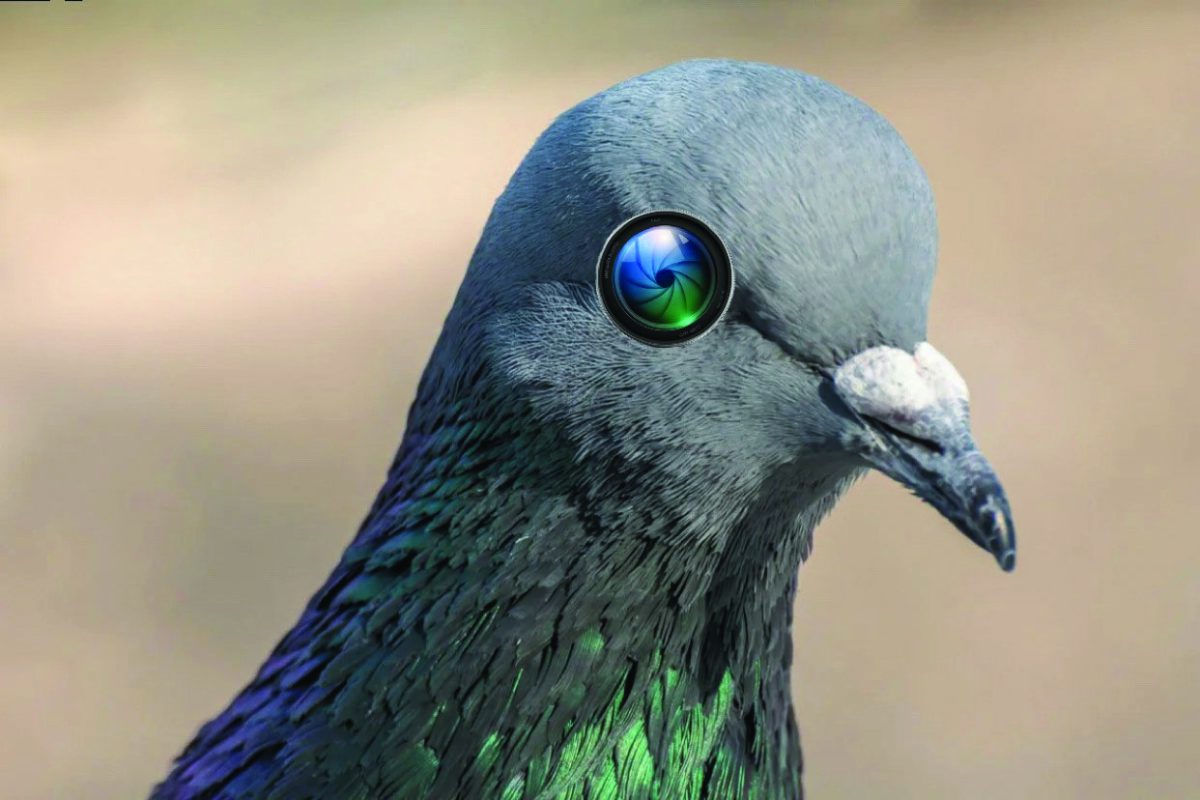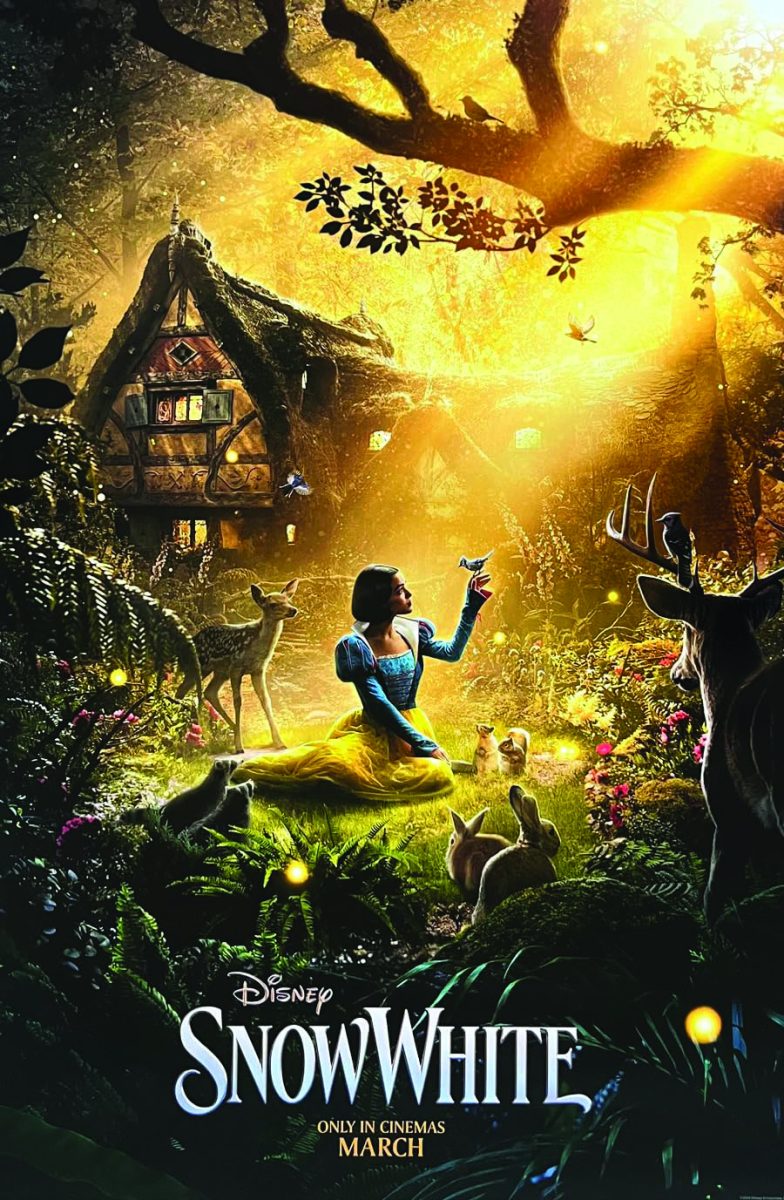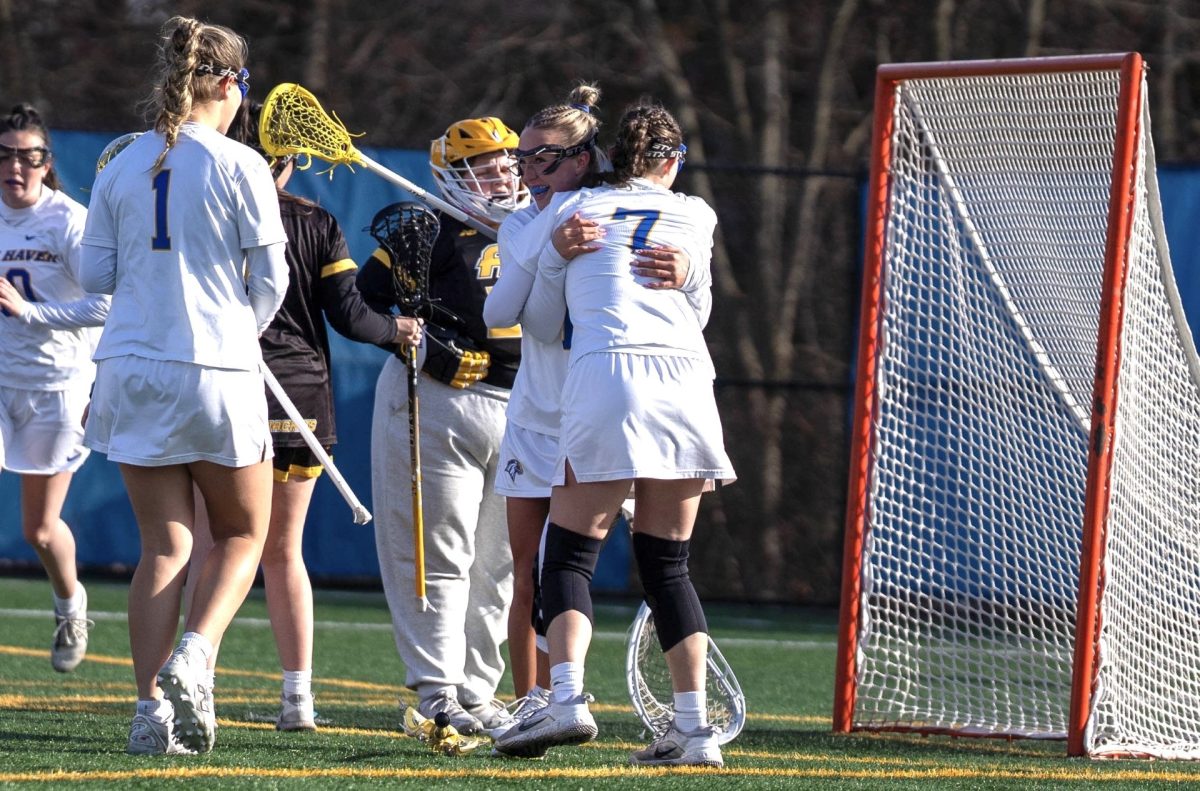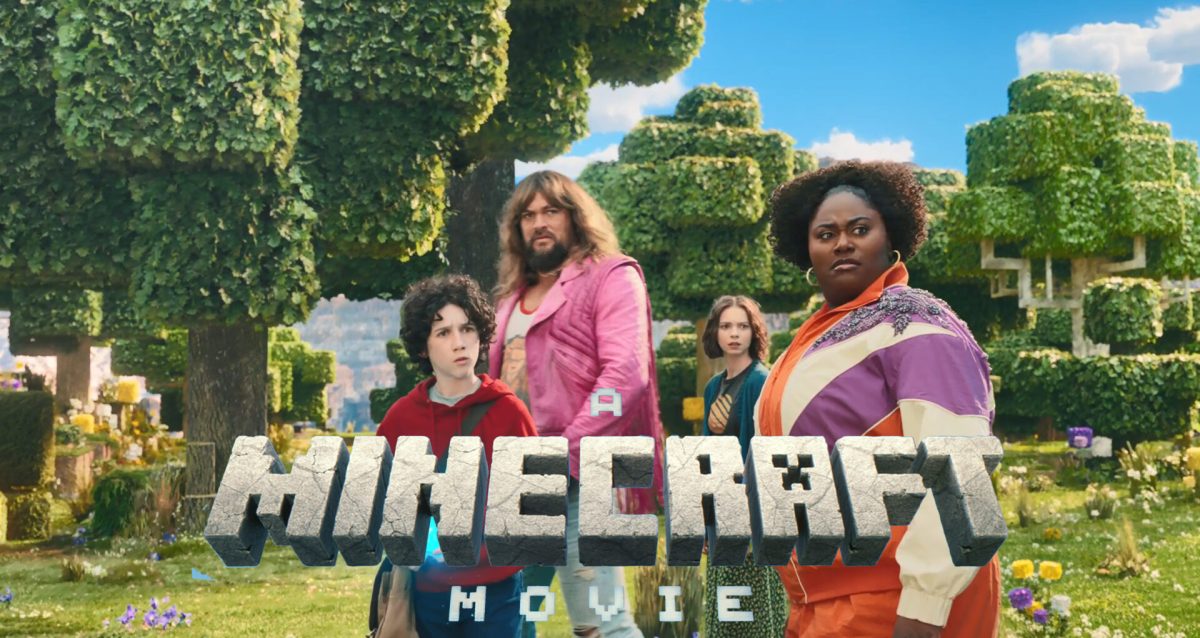Nobody ever wants to grieve, because grieving for another means a small part of you dies along with it. The little pocket in your brain where you store memories of that someone probably won’t ever grow. Forever more will the record of their life hum through you, an artifact encased in a metaphysical amber; warm to the touch and yet which melts in obscurity as the years drudge on.
Or at least I assume.
My immediate family has been blessed with relatively good health throughout my life (I write as I knock on wood), with tragedy and loss only sporadically rearing their ugly heads. But as one can realistically expect, they haven’t been totally absent.
I don’t know if I’ve ever truly felt a sense of grief in these moments, and I feel selfish and guilty when I think about how quickly I’ve been able to catapult myself into the acceptance stage. It doesn’t feel fair to the person in the casket, nor to the people around me whom I hold dear.
My grandfather passed away when I was a preteen. It was my first time experiencing a wake or a funeral so I didn’t really know what to expect, even from myself. I thought I would be overcome with emotion, either from within myself or by proxy of those deep in sorrow around me.
I didn’t shed a tear. At the wake, I remember caring more about my fear of the spider web hanging over the couch I sat on than the actual procession. When I approached the casket at the end, I’m embarrassed to admit that there wasn’t a thought behind my eyes. It pangs me to this day. You may be willing to lend me the benefit of the doubt as I was practically a child at the time, but I offer myself no such solace. My grandfather was a gentle giant. I used to sit on his lap in our living room to watch golf and the Kentucky Derby. I went to my only Yankee game with him. And in my last moments with him I was numb with near-indifference.
Last year, my uncle passed away unexpectedly. I was on campus at the time, so I heard the news through labored breaths and sniffles on a phone call from my mother. And at his service, I once again recall being a notch above “emotionally absent,” my face dry with sympathy.
My guilt here is twofold. For some time, I removed myself from speaking to him as I developed into my own person and formed my own opinions about worldly issues. My uncle was not a perfect man but he was overwhelmingly kind to those he held closest and I could not shake my pride enough to give him the decency of a conversation. In the months preceding his death, I did my best to bridge that gap once again. Although I still stand in staunch opposition to some of his values, I loved the guy, and I hope he moved on believing I was a good nephew.
When remembering these moments, I look at myself and see an empathetic person rather than someone who just lost a family member. I can’t help but feel like I treated myself like a guest to my family, paying respects to my grandfather and uncle while essentially telling my mother, “I’m sorry for your loss.” There is no deadline for remembrance and I’m doing my best to make up for lost time recently. But I struggle to forgive myself for not being capable of grief in those final moments, when my breath filled the air that they left absent and their loss was ripe in everyone’s mind.
I know that I’m not totally devoid of emotion; I can feel and care, and viscerally so. I remember my heart sinking when I learned that my mom was going to the hospital via a text at four o’clock in the morning while I was in my bed in Winchester Hall. I remember the same feeling during the phone call telling me that my dad nearly sliced off every finger on his hand. Things are better now, but these instances only heighten my guilt: is my grief selective? Family is family, so why am I only granting my bereavement to some? Even putting these words on the page, I feel selfish talking about it.
Someone once told me that they were amazed by how cool, calm and collected I remain in conflict, and simultaneously how anxious they were at the thought of that slipping away. Thinking tangentially, future loss is incredibly scary to me in the same way. It may be silly to say, but what if I’ve rendered myself ill-prepared for the day when someone passes away and I’m forced to truly sit with that pain for the first time? How will I cope when the world seems like it is finally crumbling around me? Death is final and it is inevitable; Juan Ponce de León isn’t around to save us with his mystical fountain of youth, and I fear I don’t have the fortitude to internalize that fact before it knocks again.
I should have been better at cherishing moments with people while they were still here. I should have been quicker to realize it when they weren’t. And I hope to listen to myself in the future.








